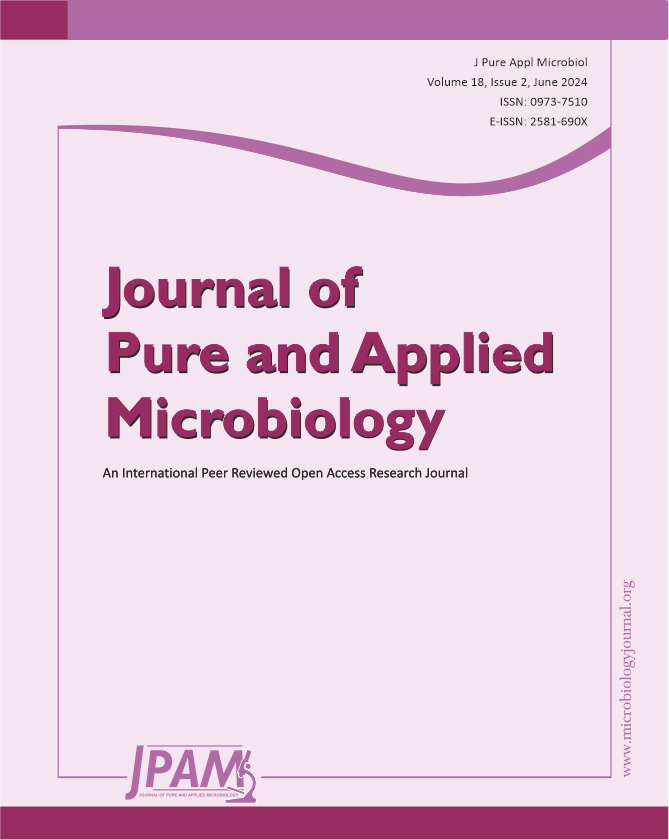Tremendous increase in anthropogenic activities and natural disasters have created long term negative impacts to the crop productivity as well as on our ecosystem. In the debate regarding the ongoing ecosystem fluctuations, there is a need to explore an efficient, cost-effective, target-oriented and less manpower-based technologies for sustainable development. Microbial engineering provides a better solution for the growth of a healthy environment and higher agricultural productivity over the existing methods and resolved the challenges worldwide related to development of sustainable agriculture and greener ecosystems. In recent years, researchers are working on the development of different advanced microbial engineering strategies such as gene editing, CRISPR/Cas9, and RNAi to enhance the potential of microorganisms towards higher plant productivity and degradation of pollutants. The present review focused on the potential applications of genetically engineered microbial inoculants for sustainable agriculture and greener ecosystem development.
Agricultural Productivity, Genome Editing, Green Environment, Microbial Communities, Microbial Engineering, Sustainable Ecosystem
© The Author(s) 2024. Open Access. This article is distributed under the terms of the Creative Commons Attribution 4.0 International License which permits unrestricted use, sharing, distribution, and reproduction in any medium, provided you give appropriate credit to the original author(s) and the source, provide a link to the Creative Commons license, and indicate if changes were made.


